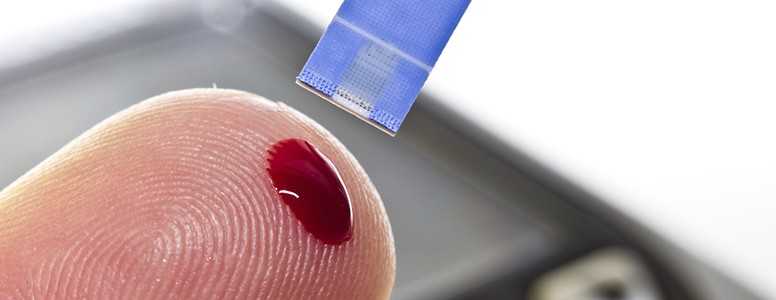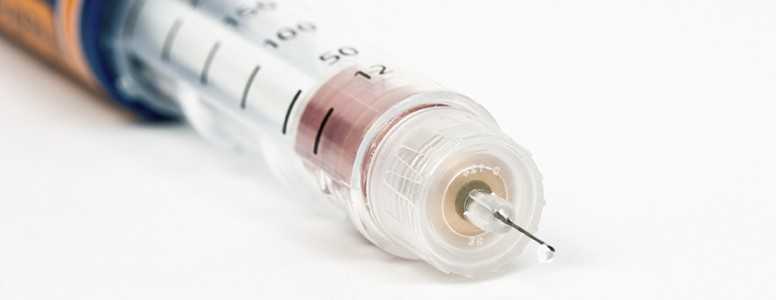People with type 2 diabetes can lower their blood sugars and HbA1c levels by self-monitoring their blood glucose, according to new research.
The data, presented at the American Association of Diabetes Educations Annual Meeting and Exhibitio, found that a structured, personalised monitoring system was beneficial regardless of whether or not the patients took insulin.
The study found that participants who worked with a diabetes educator to devise a structured self-testing plan lowered their blood glucose and HbA1c levels. They also reported feeling more confident that they could control their diabetes, rather than feeling like it controlled them.
The researchers worked with 11 participants. Generally, they found that self-monitoring twice a day was the most effective plan, but argued that self-testing schedules should be tailored to individuals based on the demands of their lifestyle.
The feelings of control nurtured by the self-monitoring schedule not only allowed participants to treat high blood glucose levels, but also to make positive lifestyle changes. After adopting the self-monitoring programmen, participants ate less and went for more walks.
HbA1c levels dropped from an average of 7.3 per cent to an average of 6.2 per cent.
“Participants in this study said that sticking to a regular SMBG schedule really helped them to know where their blood levels were and take appropriate action, such as adding physical activity or choosing a healthy snack,” said Dana Brackney, Assistant Professor of Nursing at Appalachian State University, North Carolina.
“They say it helped them accept that they had diabetes, but also feel confident that they control it rather than letting it control them.”
“Diabetes educators can help patients work around barriers to find a personalised testing plan that makes sense for them. They help patients learn when a why blood glucose levels were most problematic and to confront those situations head on by developing a plan to be healthier.”
In the UK, the benefits of self-monitoring of blood glucose for people with type 2 diabetes is, for the most part, unrecognised. In most cases, GPs will be unwilling to prescribe test strips to people with type 2 diabetes. There are programmes that can help, such as the Type 2 Testing Program, which provides users with a blood glucose meter, test strips, and support.
What's new on the forum? ⭐️
Get our free newsletters
Stay up to date with the latest news, research and breakthroughs.





